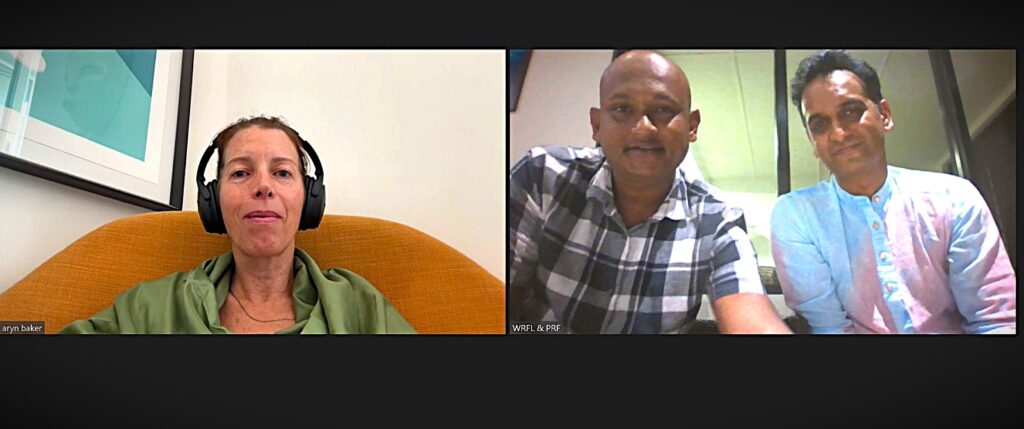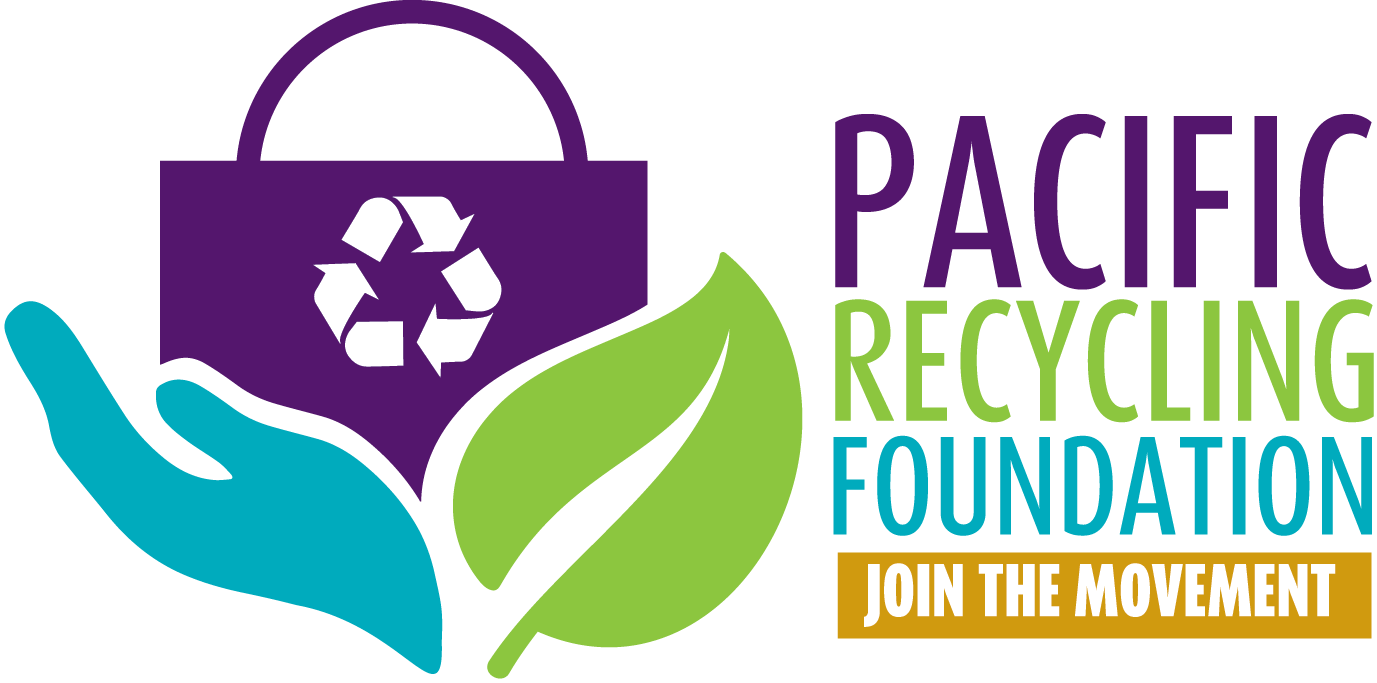
Following concerns raised by several partners and based on its core principles of “Do No Harm to People and the Environment,” the Pacific Recycling Foundation (PRF) management recently engaged in constructive discussions with Time Magazine to express deep concerns regarding its article titled “Inside Fiji’s Fiery Battle Against Plastics.”
PRF Founder, Amitesh Deo, highlighted their concerns about the portrayal of Fiji’s marginalised community, particularly the Collection Pillars of Recycling (CPR) from the informal recyclable collection sector.
Deo emphasised the importance of conducting interviews with the utmost care when dealing with vulnerable groups, stating, “Given the significant vulnerability of these groups, we expect the media to protect the dignity of these individuals.”
During a meeting with Time Magazine’s contributor, Aryn Baker, Deo conveyed PRF’s and their partners’ concerns regarding the article’s content, maybe unintentional, of singling out the CPR community as the cause of burning plastic waste.
“Media partners need to be sensitive that in their efforts to give a sensational spin to a story or to attempt to capture photos with the intention of scooping awards, that they do not cause harm or contribute to further stigmatisation of vulnerable groups,” Deo said.
Following the article’s publication, he explained that PRF took immediate action to support the affected CPR, whereby the CPR was offered counselling through referrals to local expert partners to address the psychological impact caused by the portrayal.
“While PRF acknowledges Time Magazine for raising awareness about plastic pollution, we also want to highlight the unintended harm caused to a Collection Pillar of Recycling—in this case, an elderly woman who has dedicated over 24 years of her life to collecting recyclables. Her fellow CPR members throughout Fiji, who are frequently stigmatised and blamed for issues such as dumpsite fires, also suffer from such portrayals.
These individuals have played a critical role in the recycling sector for decades. Their efforts are the backbone of our circular economy, with profound social, environmental, and economic impacts. Despite enduring significant stigma and performing essential work without access to basic services or support, their contributions are invaluable,” stressed Deo.
The PRF Founder further stated that the portrayal in the article undermines the critical role played by CPR members and the dignity they maintain despite immense challenges.
During the meeting, Baker acknowledged that while the article aimed to raise awareness about plastic waste burning, it could have portrayed vulnerable communities better and not put them at further risk of stigma.
PRF hopes that future media coverage will more accurately and respectfully represent the indispensable contributions of the CPR community, acknowledging their resilience and essential role in sustainable waste management in Fiji.
Deo thanked Baker for listening to their concerns and those of their partners and expressed eagerness to collaborate with Time Magazine to amplify the voices of the CPR community.
